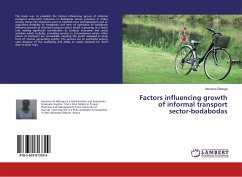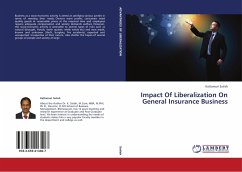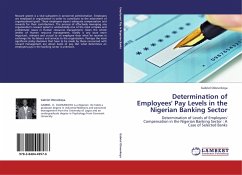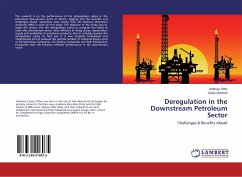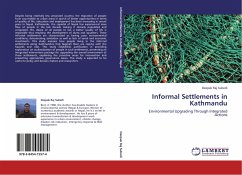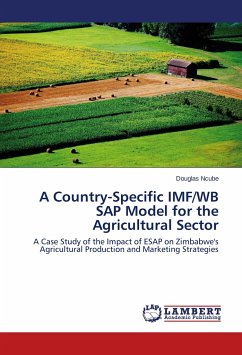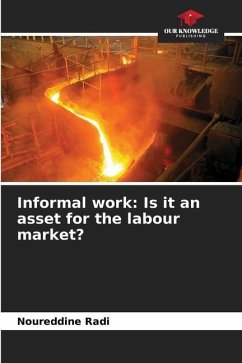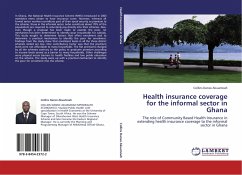
Health insurance coverage for the informal sector in Ghana
The role of Community Based Health Insurance in extending health insurance coverage to the informal sector in Ghana
Versandkostenfrei!
Versandfertig in 6-10 Tagen
39,99 €
inkl. MwSt.

PAYBACK Punkte
20 °P sammeln!
In Ghana, the National Health Insurance Scheme (NHIS) introduced in 2003 mandates every citizen to have insurance cover. However, whereas all formal sector workers contribute part of their social security as premium to the scheme, those in the informal sector (who constitute about 70% of the population) are required to voluntarily pay directly into their schemes. Also, even though a proposal has been made to exempt the poor, no mechanism has been determined to identify poor households for subsidy. This study sought to determine factors that affect enrolment and to determine a practical mechani...
In Ghana, the National Health Insurance Scheme (NHIS) introduced in 2003 mandates every citizen to have insurance cover. However, whereas all formal sector workers contribute part of their social security as premium to the scheme, those in the informal sector (who constitute about 70% of the population) are required to voluntarily pay directly into their schemes. Also, even though a proposal has been made to exempt the poor, no mechanism has been determined to identify poor households for subsidy. This study sought to determine factors that affect enrolment and to determine a practical mechanism to identify the poor for enrolment. Findings from the study show that enrolment levels in all the three district schemes visited are low. One contributory factor was that the premium levels were not affordable to many households. The flat premiums charged by all the schemes contrary to the policy to graduate premium according to income levels served as a barrier to many households. Other challenges were physical access barriers to health facilities and low public education on the scheme. The study came up with a practical mechanism to identify the poor for enrolment into the scheme.



